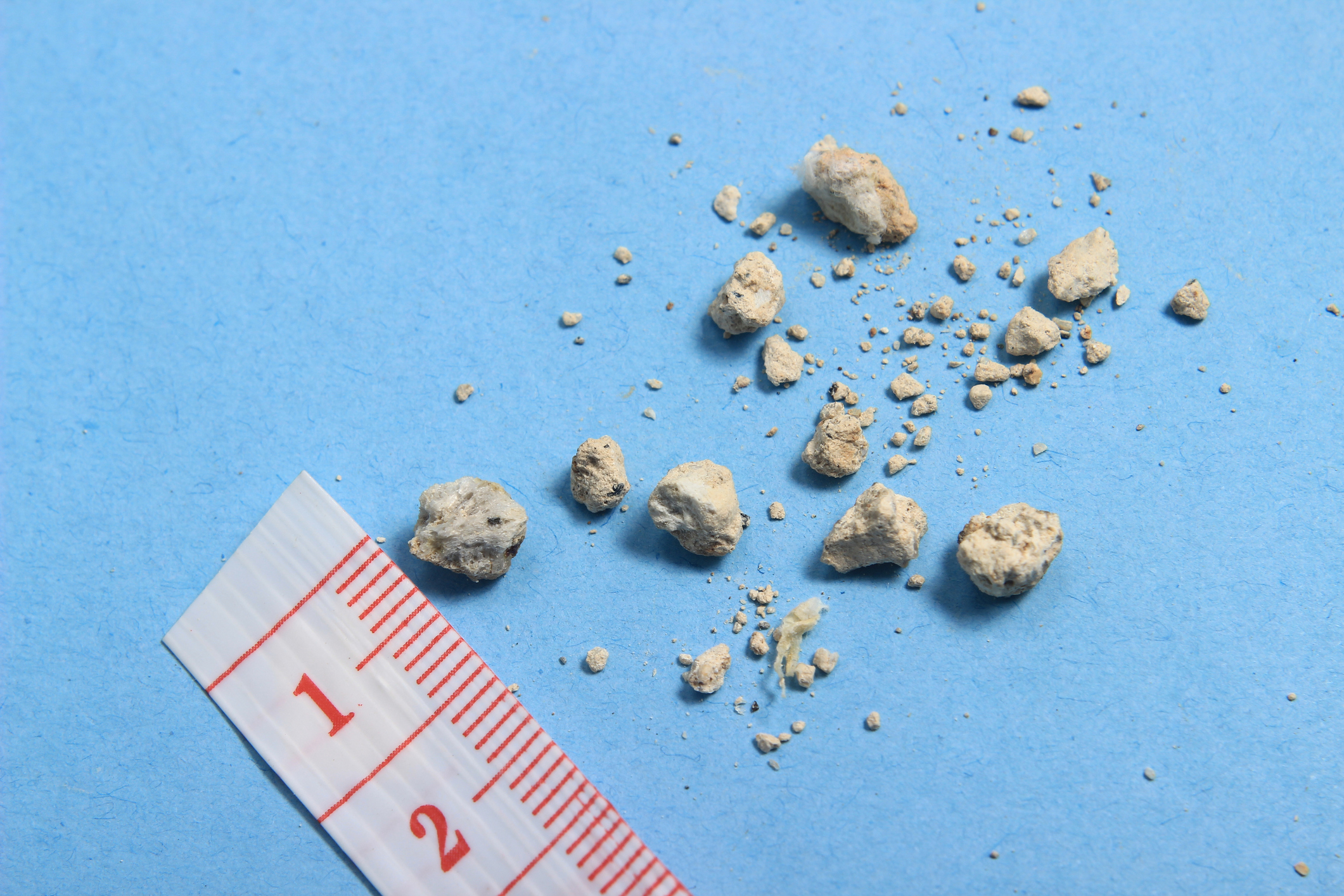Get Easy Health Digest™ in your inbox and don’t miss a thing when you subscribe today. Plus, get the free bonus report, Mother Nature’s Tips, Tricks and Remedies for Cholesterol, Blood Pressure & Blood Sugar as my way of saying welcome to the community!
Kidney stones: The sweet tooth connection

It’s no secret that refined sugar is not something our bodies need.
But we have a love-hate relationship with the sweet stuff that’s as hard to give up as any vice, even though the reasons to do so have been stacking up…
Just this year, an umbrella review — involving 73 meta-analyses and 8,500 research articles — linked excess sugar intake to no less than 45 serious health conditions, including stroke, heart disease and cancer.
The negative health impacts of sugar can also be quite surprising…
Take kidney stones — a painful problem that can plague one in ten of us at least once in our lifetime. And for a few very unlucky folks, they are recurrent.
But new insights into sugar’s role in the formation of kidney stones may provide some much-needed relief…
Kidney stones 101
Kidney stones are hard pebble-like objects that can form inside your kidneys. They’re made of minerals and salts.
A stone can move around within your kidney. It can also move into the tube that connects your kidney to your bladder. Symptoms can be mild or strong and include:
- Intense pain in your side or back, below the ribs (your doctor might refer to it as renal colic)
- Pain in your groin and lower abdomen
- Pain when you pee
- Going to the bathroom more often than you usually do
- Pee that’s cloudy, pink, red, or brown, or smells bad
- Feeling like you need to pee all the time
- Fever and chills if you have an infection
- Nausea and vomiting
- Burning sensation when you pee
- Less urine when you do pee
The most common type of kidney stones is calcium stones. You could get this kind if you typically don’t drink enough water, if you sweat a lot and don’t replace the fluids you lose, eat a lot of oxalate-rich foods — or if you have a sweet tooth…
Sugar’s connection with kidney stones
Dr. David S. Goldfarb, co-director of the Kidney Stone Prevention Program at NYU Langone Health in New York City, notes that “there has long been evidence that sugar increases the amount of calcium in urine, and there have been multiple reasons why avoidance of sugar would be part of a diet encouraging kidney stone prevention.”
Yet kidney stones do not appear on that long list of adverse health consequences of eating sugar.
Dr. Shan Yin and colleagues had their suspicions and set out to determine whether added sugar is associated with kidney stones, using data from the National Health and Nutrition Examination Survey (NHANES) from 2007 to 2018.
In analyzing data from 28,303 adults (average age 48), they determined that those who consumed 25 percent or more of their daily calories from added sugar had an 88 percent higher chance of developing kidney stones, compared with those whose daily sugar calories are less than five percent.
Eating to prevent kidney stones
Giving up sugar is not easy. But as you’ve just read, there are many good reasons to at least consider decreasing the amount in your diet — especially if it means forgoing the pain of kidney stones.
But there are a few other dietary tips that could help reduce your risk of kidney stones as well:
First, don’t avoid calcium, although it’s best to get your calcium from food, rather than from supplements.
According to kidney.org, calcium-rich foods, like yogurt and cheese, bind with oxalate (that natural compound in otherwise healthy plant-based foods) in the stomach and intestines before it moves to the kidneys. So, eating foods that contain calcium is a good way to help oxalates leave the body and not form stones.
Giving up oxalate-rich foods is not something you want to do either. These foods, including green leafy vegetables, beets, tea and cereal grains, are disease-fighting foods. Instead, eat a balanced diet so the calcium-rich foods and oxalate-rich foods can work together to promote health instead of hurt.
Lemonade is great drink for preventing kidney stones. It’s full of citrate, a natural inhibitor of kidney stone formation. If your urine doesn’t contain enough citrate, that could make you more prone to kidney stones. Just go extra-easy on the sugar content.
Carrying extra weight can also put a kidney stone target on your back. But be careful of extreme diets because they can worsen your risk for kidney stones. Often dairy is one of the first things dieters give up, but we’ve learned that’s not going to help you avoid kidney stones.
So there you have it a few good tips that add up to one major piece of advice: follow a well-rounded diet and eat less sugar.
Editor’s note: Did you know that when you take your body from acid to alkaline you can boost your energy, lose weight, soothe digestion, avoid illness and achieve wellness? Click here to discover The Alkaline Secret to Ultimate Vitality and revive your life today!
Sources:
Sugar-Heavy Diet Linked to Development of Kidney Stones — MedPage Today
Association between added sugars and kidney stones in U.S. adults: data from National Health and Nutrition Examination Survey 2007–2018 — Frontiers in Nutrition














